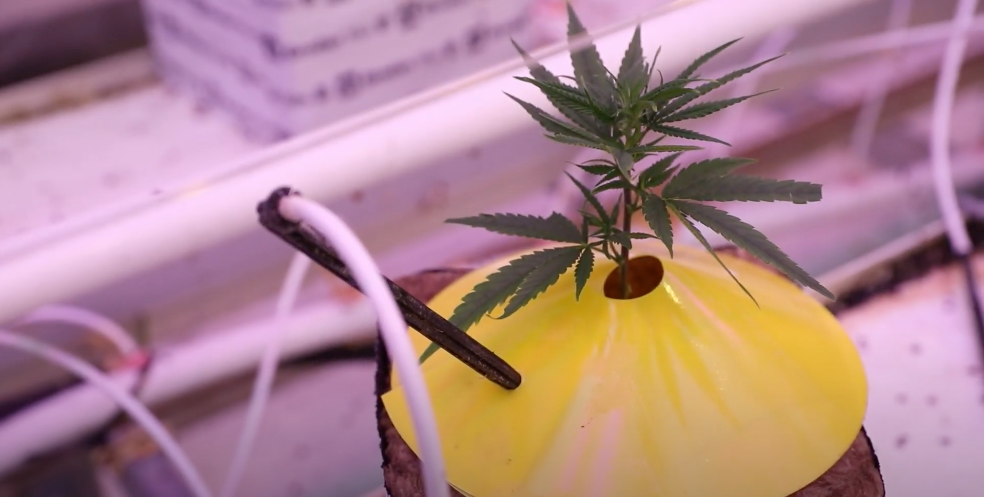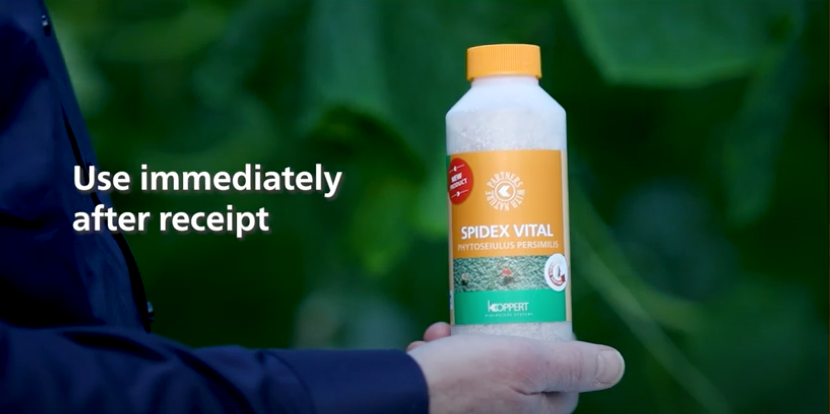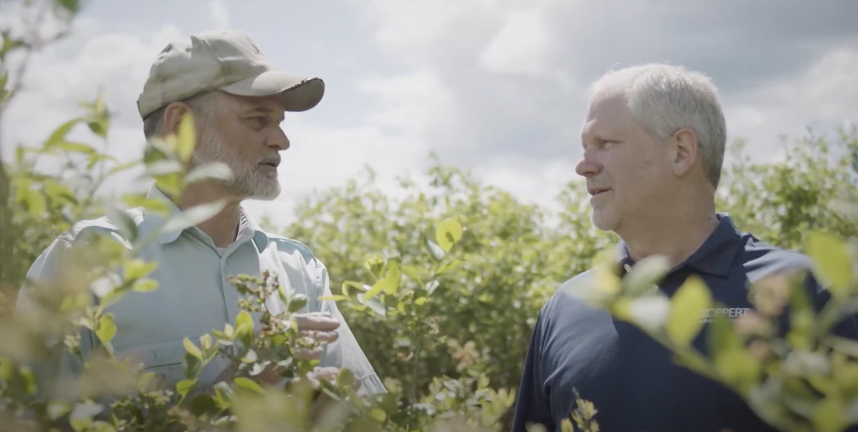Protecting your valuable cannabis crop with biocontrol
The legalization of cannabis cultivation in a growing number of countries has resulted in a rapidly rising demand for biological solutions for pests and diseases that affect this valuable crop. Leading biocontrol expert in this field, Koppert Biological Systems, has invested a great deal of research and development into finding the most effective biocontrol over the last three years.
‘Three to four years ago, we were overwhelmed when a number of countries legalized the cultivation of cannabis and needed our biocontrol products for their medicinal cannabis production,’ Senior Consultant at Koppert, Erik van Santen, remembers. ‘Since then, we have focused and accelerated our R&D in cannabis crop protection to provide a growing range of products and services for these specific growers.’
It all started in Canada
Koppert’s Canadian subsidiaries based in Toronto and Leamington, Ontario, were quick to respond when the cultivation of cannabis was legalized in this country in 2018. Biological solutions were soon underway to licensed producers, and today Koppert provides a wide range of macro- and microbiological solutions, as well as biostimulants, to some of the top producers in Canada. After 2019, similar opportunities presented themselves in several states in the USA where cannabis cultivation was legalized. Potential markets for Koppert’s biological cannabis solutions soon partly opened in Denmark, North Macedonia, the UK, Spain, Portugal and other European countries, as well as a number of countries in Africa.
‘After the initial rush for licences worldwide and steep demand for biocontrol in recent years, demand has flattened out slightly during the pandemic as some of the bigger growers closed down. However, we at Koppert still see great potential as new countries legalize cannabis across the world,’ says Van Santen. ‘At the same time, consumer confidence in cannabis-related products is also improving, but needs further regulation from the pharmaceutical industry to ensure that medicinal products truly are consistent in active ingredients and also free of chemical agents.’




